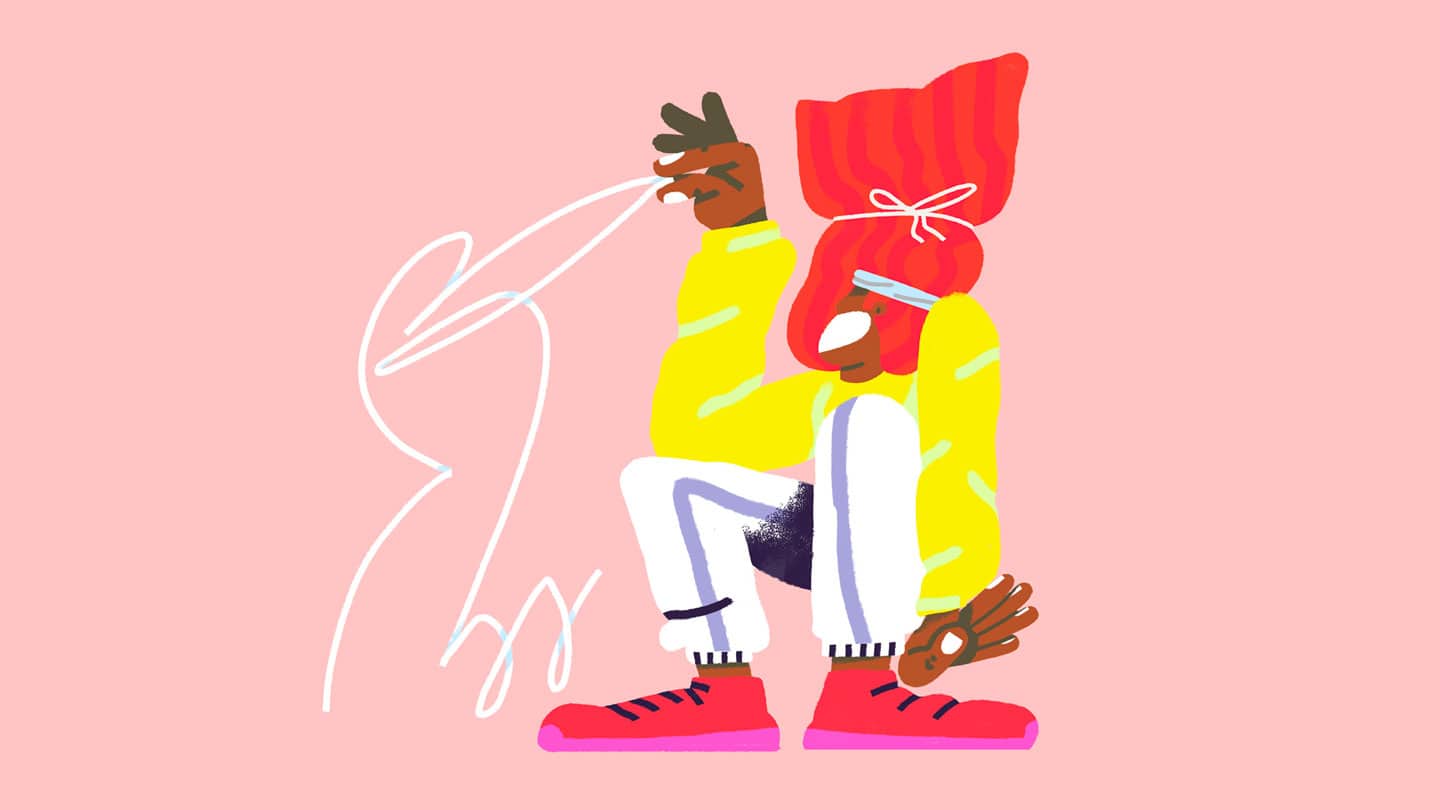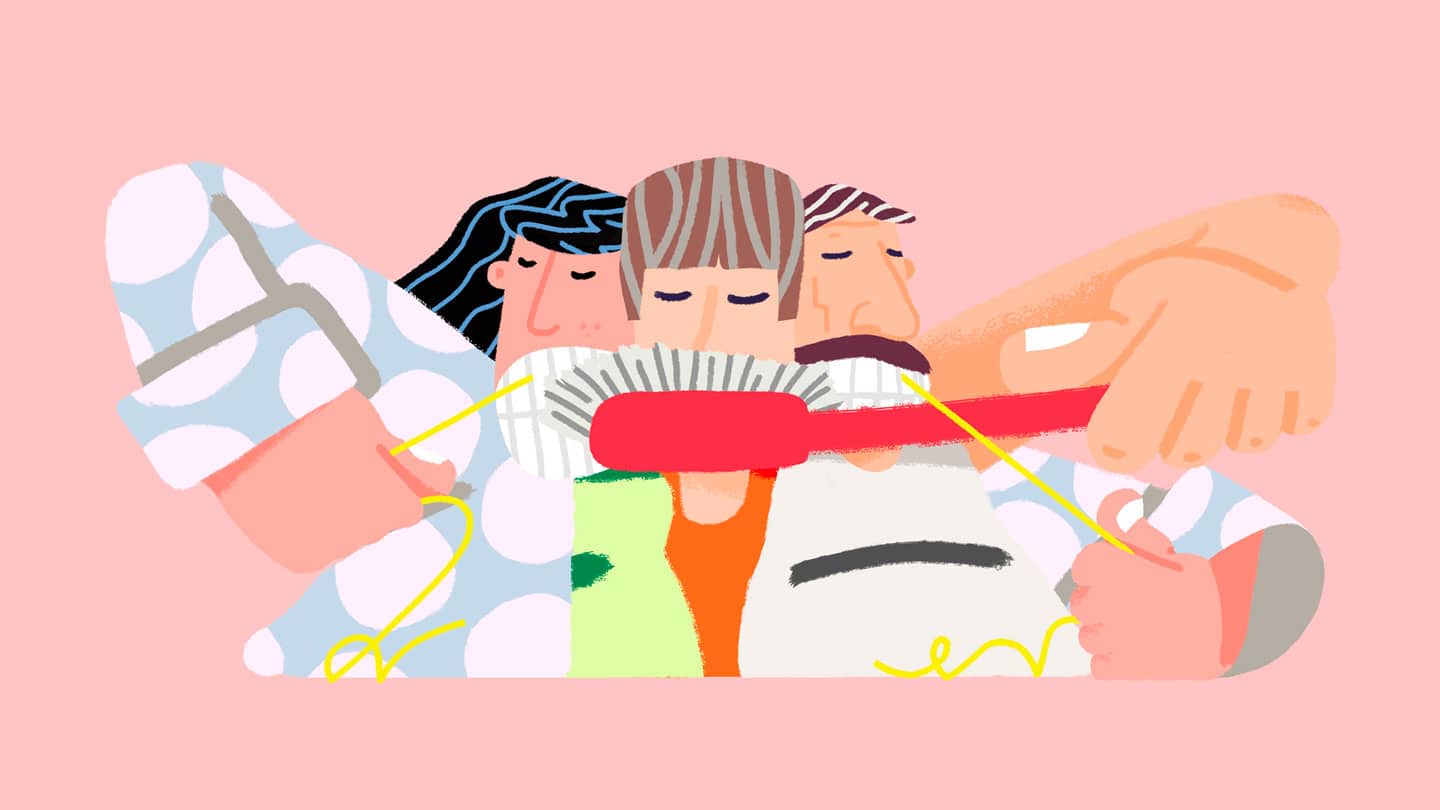Toothbrushes are key to a healthy mouth. Whether you opt for a manual or an electric brush, you’ll need to use it 2 or 3 times a day to keep your mouth healthy. But what’s the best option? Manual or electric? What kind of bristles are best? Let’s take a closer look at toothbrushes.
The inside skinny on toothbrushes
- Electric toothbrushes are more effective than the old-fashioned manual kind,
- Always choose soft-bristled toothbrushes,
- Children should start with a manual toothbrush at age 1,
- As they get older, they can switch to an electric toothbrush,
- You may need a special toothbrush if you are pregnant, have had dental surgery, or have hypersensitive teeth.
Are electric or manual toothbrushes better?
A manual brush can be a great choice if you’re good at brushing your teeth for the full recommended 3 minutes while moving your brush from your gums toward your teeth like a paint roller. The main advantage of manual brushes is their much lower price tag. Plus you’ll never find yourself with a dead battery right when you need to brush, and they’re easy to pack for travel. But they’re less effective than the electric version.
What kind of bristles should you choose?
If you don’t have any specific dental issues, we recommend choosing a soft-bristled toothbrush with very fine bristles (about 0.2 mm). Hard-bristled toothbrushes can cause dental abrasion and gum recession, which can lead to serious dental problems as well as cosmetic issues.
A closer look at electric toothbrushes
Why opt for an electric toothbrush?
An electric toothbrush eliminates more dental plaque than a manual brush in the same amount of time. Plus it does all the hard work for you! Remember to let your electric toothbrush do the work – keep your wrist still. Some even feature a timer so you can make sure you’re getting your full 3 minutes in every time you brush. Starting at age 7 or 8, children can find them easier, too, since they don’t have the same level of manual dexterity as adults.
What are the disadvantages of an electric toothbrush?
Electric toothbrushes are more expensive. Some people find the way they vibrate very uncomfortable, and recharging can be tricky when traveling. And since they contain a battery, electric toothbrushes are heavier than the manual version, making them harder for some seniors to use. On the flip side, their larger handles make them easier to grip.
Are all electric toothbrushes the same?
The first electric toothbrushes moved up and down. Newer models feature oscillating, rotating heads that are far more effective: the round head spins while moving back and forth in 3 dimensions, to eliminate even more dental plaque. There are also “sonic” vibrating brushes.
Avoid the cheapest battery-operated models, which are less effective.
What’s the best toothbrush for children?
We recommend using a soft-bristled manual toothbrush once a day starting at 12 months. Manual or electric child sized toothbrushes have a smaller head, to fit children’s smaller mouths. For children ages 7 or 8 and up, an electric toothbrush can make toothbrushing fun, instead of just another boring routine. Some brushes even play music!
Are there special toothbrushes for special needs?
If you’re pregnant, the hormonal changes you are experiencing mean you are at increased risk of gum inflammation.
We recommend switching to a brush with extra-fine bristles (0.15 mm) if your gums are bleeding, swollen, or painful.
If you’ve had dental surgery, your dentist may prescribe a brush with even finer bristles (0.07 mm). Extra-fine bristles make the brush extremely soft, for painless brushing. Then you can move up to a 0.15 mm while your gums are still sore, before switching back to a normal toothbrush.
If you have hypersensitive teeth, we recommend using an electric toothbrush with a sensitive head or an extra-fine manual brush. These special brushes are only a temporary solution because they are too soft for really effective brushing.
If you have braces, you can use an extra-fine brush or a special orthodontic brush to fit through and around the brackets and wires.



